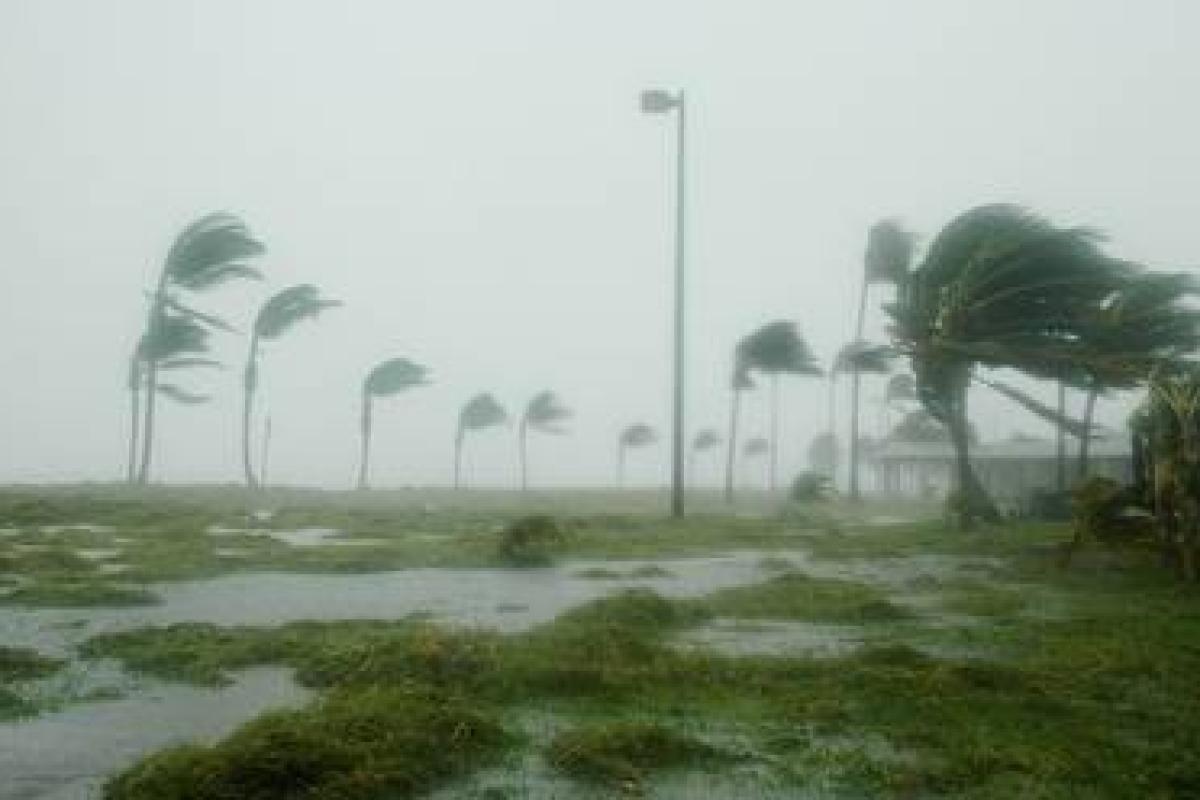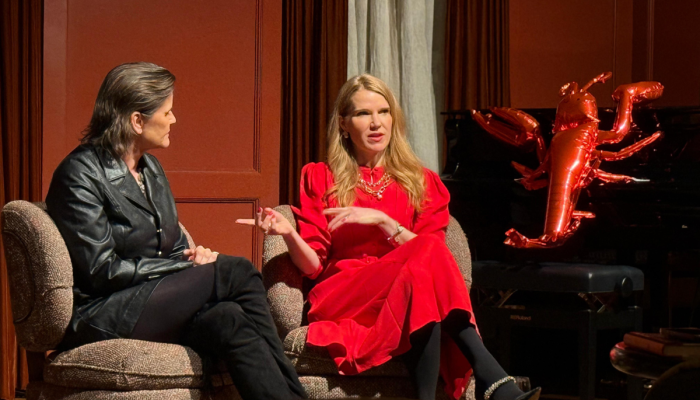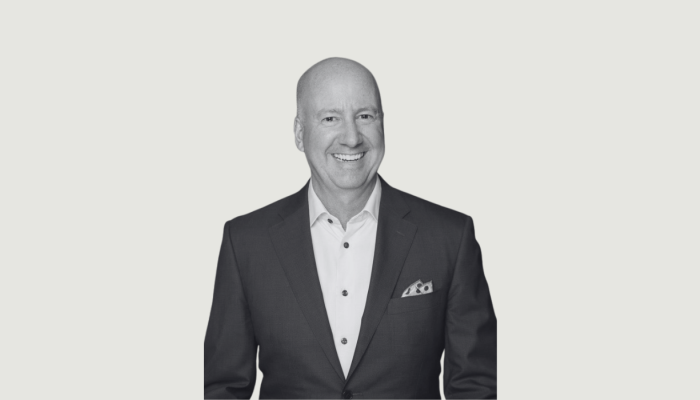The hurricanes that hit the Caribbean and southern US states in recent weeks created an opportunity, uncomfortable though it is to say so. But businesses that grab the short-term revenue opportunities risk long-term damage. By contrast, those that put people and their needs ahead of a fast buck can earn approval and support that lasts for years.
A natural disaster presents an obvious business opportunity. Urgency and scarcity remove price sensitivity. It’s not uncommon for petrol stations to limit sales and charge more as people evacuate. In the aftermath, retailers may hike their prices on basic groceries which are in short supply. Classical economic theory says the right price is where demand matches supply, so why not?
Any business that cares about its reputation needs to ignore economic theory and take a different approach. Social media ensures that those who are perceived to take advantage of people’s distress, or to price-gouge, won’t get away with it. Businesses that do good, especially if they seem to put consumer interests ahead of their own, will be recognised for it.
Contrast the approach of two US airlines as Hurricane Irma approached Florida. Some 6m people were ordered to evacuate. JetBlue capped the price of its flights out of the stricken state just as demand was reaching frenzy levels – undoubtedly leaving money on the table. They added capacity but actually reduced walk-up fares. That's a real head-scratcher for the economists. Meanwhile, Delta seemed to have left it to the yield management algorithm (if we give them the benefit of the doubt). Fares for their flights out of Miami rose almost six-fold. Twitter ensured that tens of thousands of people got to hear about it, and eventually the mainstream media reported it too. Delta was publicly shamed for seeking to profit from people's misery.
Some businesses have baked this into their operations. From time to time, US brewery Anheuser-Busch replaces beer with water on the packing line at its Cartersville, Georgia factory. Canned water from a brewery? No good for a p***up but welcome across the southern states after a tropical storm, and distributed free. As part of the normal production schedule, it was ready to go as soon as Harvey and Irma cleared.
Several mobile carriers, including Sprint, AT&T, Verizon and T-Mobile, waived charges for usage in Florida during the hurricane emergency. After Tropical Storm Harvey passed through Texas, Airbnb mobilised its network to offer lodging free of charge to people in need of shelter.
Smaller businesses can punch above their weight at times like this. Google “Mattress Mack” to see how an independent furniture retailer with three stores in Houston won national approval by providing shelter to hundreds of people displaced by Harvey last month.
There’s a cost to providing emergency relief, and, arguably, an opportunity cost in not taking advantage of the short term conditions to push up prices. But it should be seen as a marketing investment. Short term, there’s plenty of media coverage to be had. Longer term it can do a brand good or harm. For any business that’s mad for social media coverage (and aren’t they all), this is the perfect opportunity to go viral. Just make sure it’s for the right reason.
By Fiona McAnena - read more from her here.



